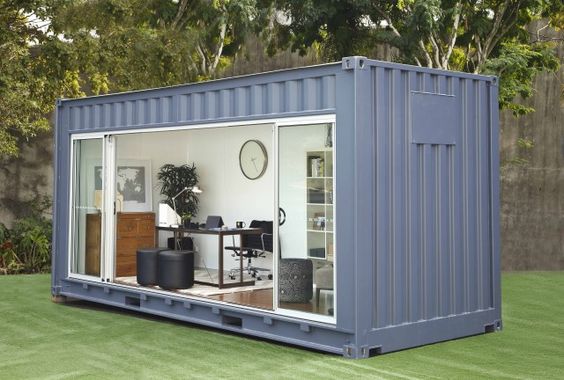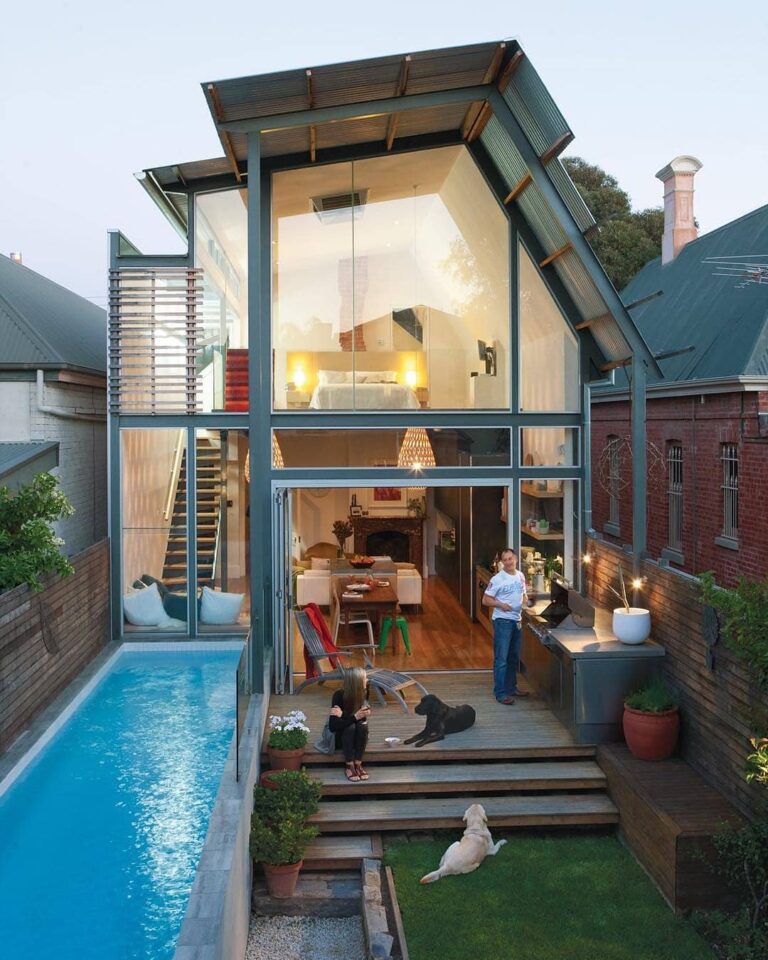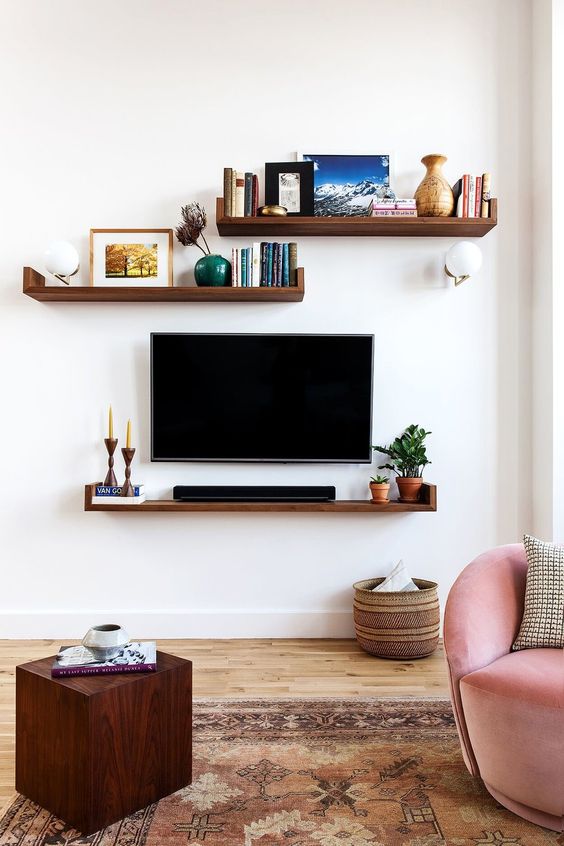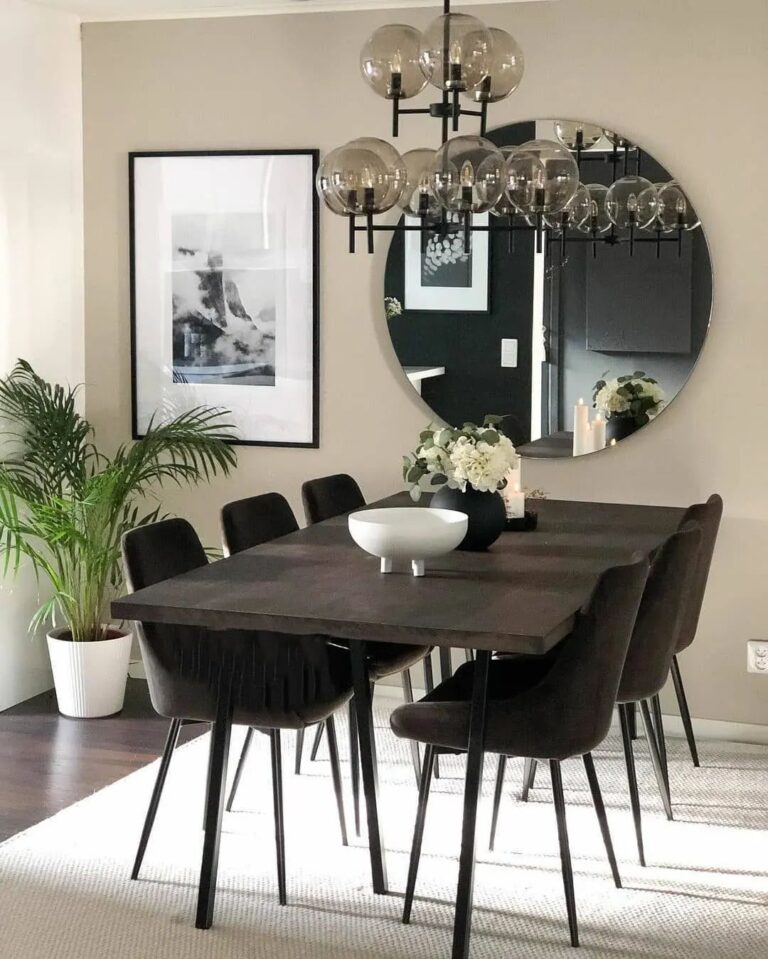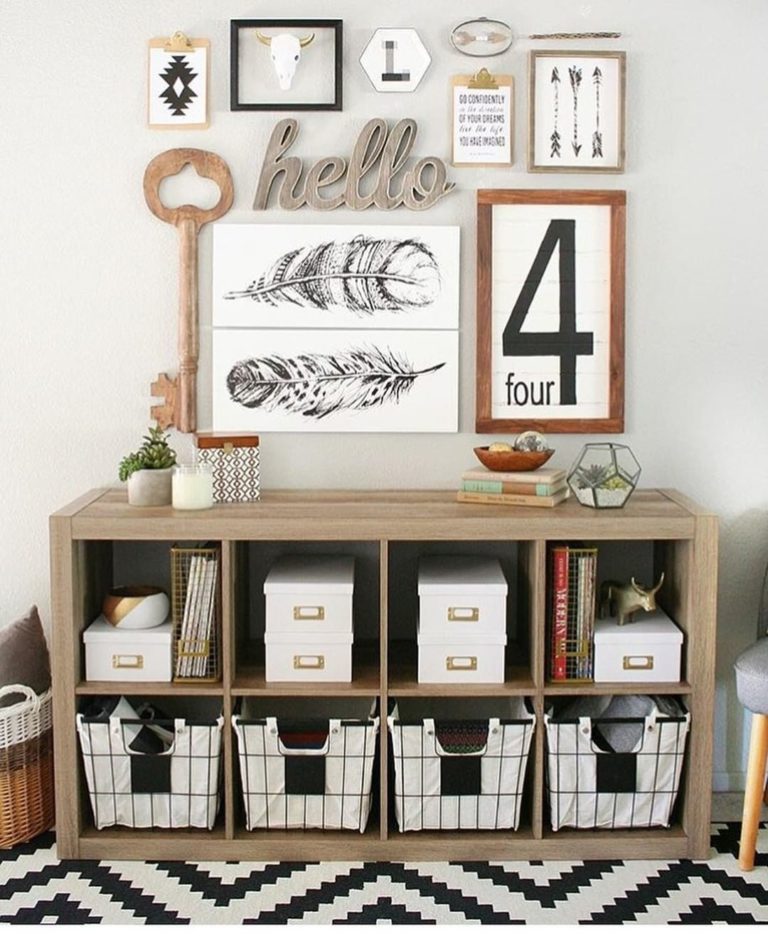Planning Permission: A Guide for Temporary Buildings
There are many reasons why you might want to construct a temporary building. Perhaps you want to put a roof on storage containers during a business relocation, for instance. Or maybe you require a small pop-up workshop to complete an additional construction project. Whatever the case, it’s important to check out and know the planning permission rules of your area.
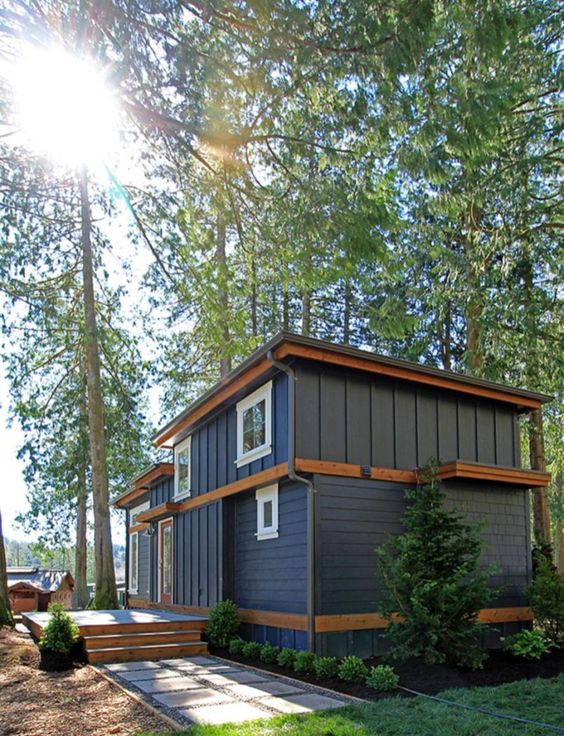
Why Planning Permission?
Development approval is often given in the form of a building/construction permit and is required by law in certain jurisdictions. As a rule, most temporary buildings will be inspected before and after completion to ensure they don’t break any rules and comply with the building codes of the area. This makes sense as any new structures must fit in with the surroundings. For example, on a larger scale, building a nightclub in a highly populated residential area where many children live would not be a good fit and therefore would probably not get the green light.
Rules are designed to protect the public which is why failing to obtain the necessary permits can lead to fines, penalties and the demolition of buildings that haven’t been properly authorized.
Building Permits for Temporary Structures
Don’t fall into the trap of thinking temporary structures don’t require a building permit. Many do, but as every state has their own specific rules and laws it’s important to research the requirements in your area. If you’re a business hoping to occupy a new or existing space in Minnesota, for instance, you will normally be required to submit plans before any form of construction work begins. This is important to note as you don’t want to spend money on a project for it to be stopped in its tracks.
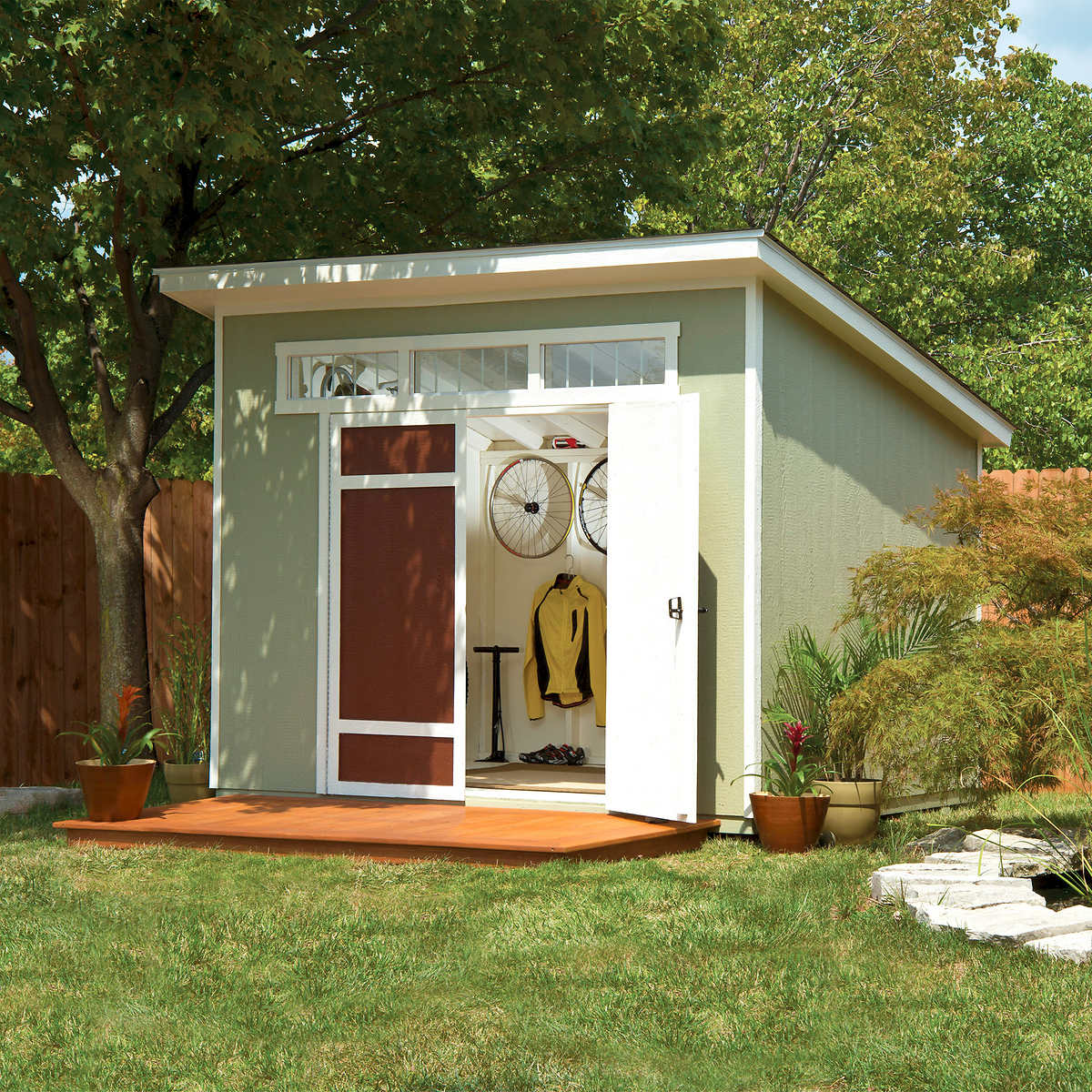
Plans for building in Minnesota will need to be stamped by a Minnesota licensed architect and permits obtained before a temporary building can be developed. A building permit will only be issued after the plan review process is completed and compliance with all applicable regulations is verified.
Exemptions for Temporary Structures
Research needs to be done as the type of temporary structure you are building may be exempt from regular permit rules – but never make assumptions. Under Section 553.73(10) of the Florida Statutes, the following buildings and structures are exempt from compliance with the Florida Building Code:
- Temporary buildings or sheds used exclusively for construction purposes (requires Zoning Improvement Permit).
- Mobile or modular structures used as temporary offices.
- Temporary sets, assemblies or structures used in commercial motion picture or television production, or any sound-recording equipment used in such production, on or off the premises.
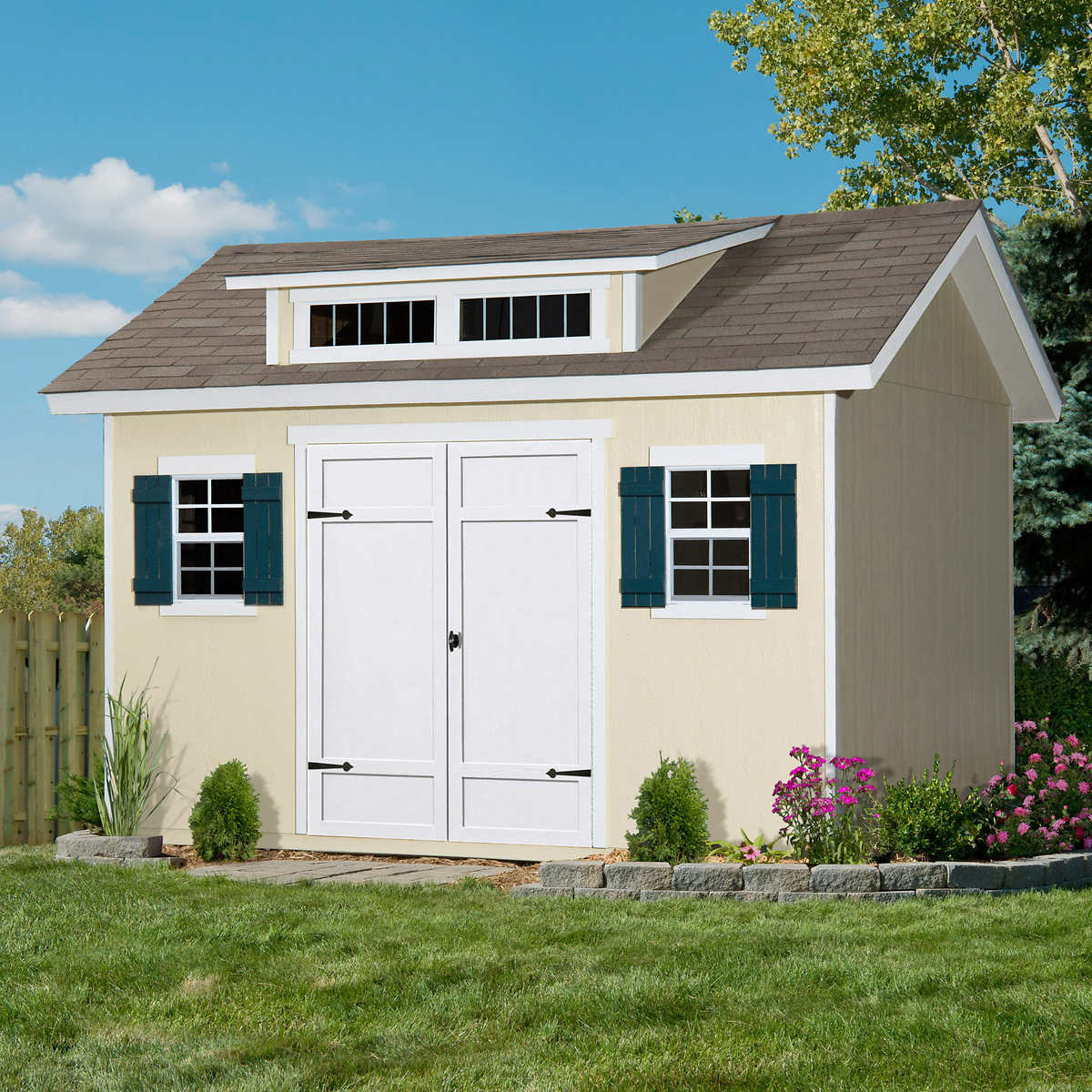
This is good news if you’re looking to use a shed for a building project or want to pop up a mobile building to work from on a short-term basis. But again, the rules around temporary structures can differ significantly depending on what it is you want to achieve. So always do your homework to ensure you’re following the correct guidebook for your state and area.

